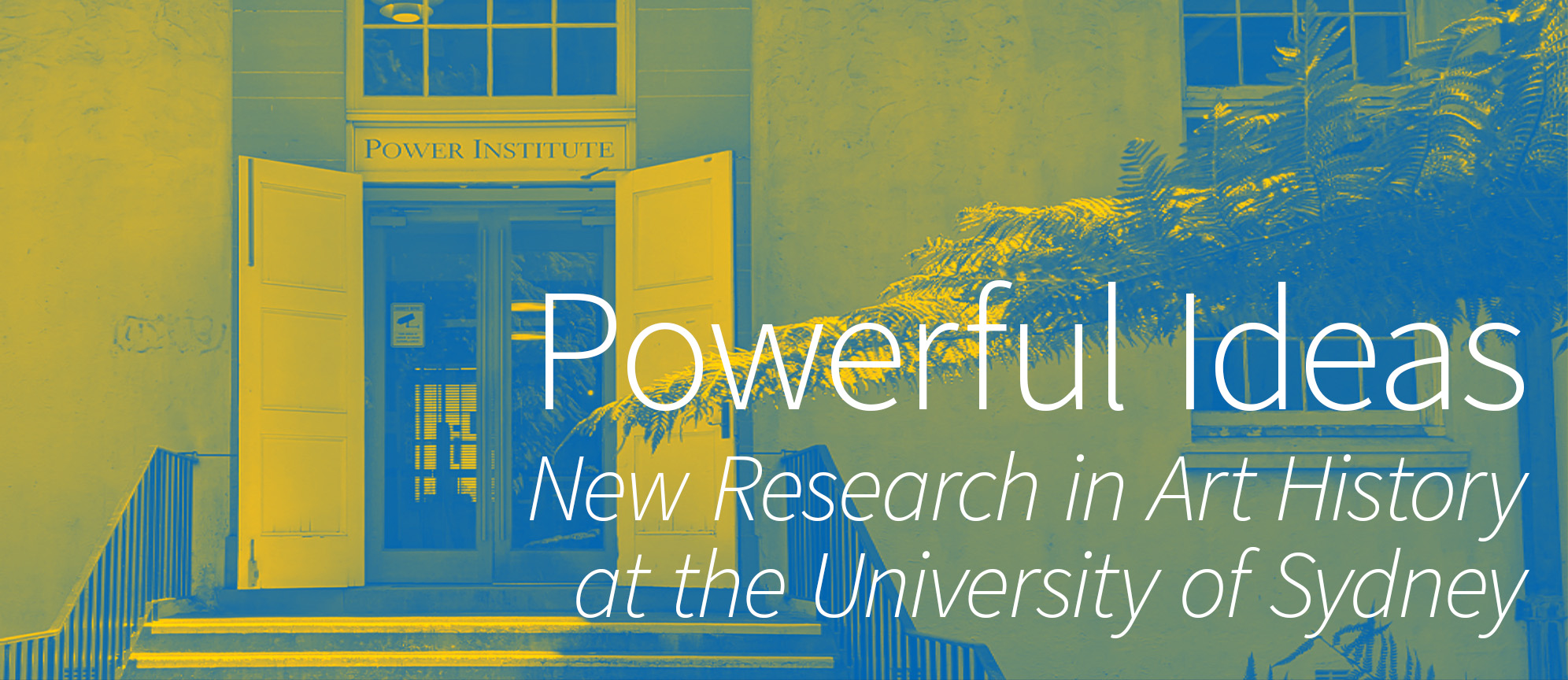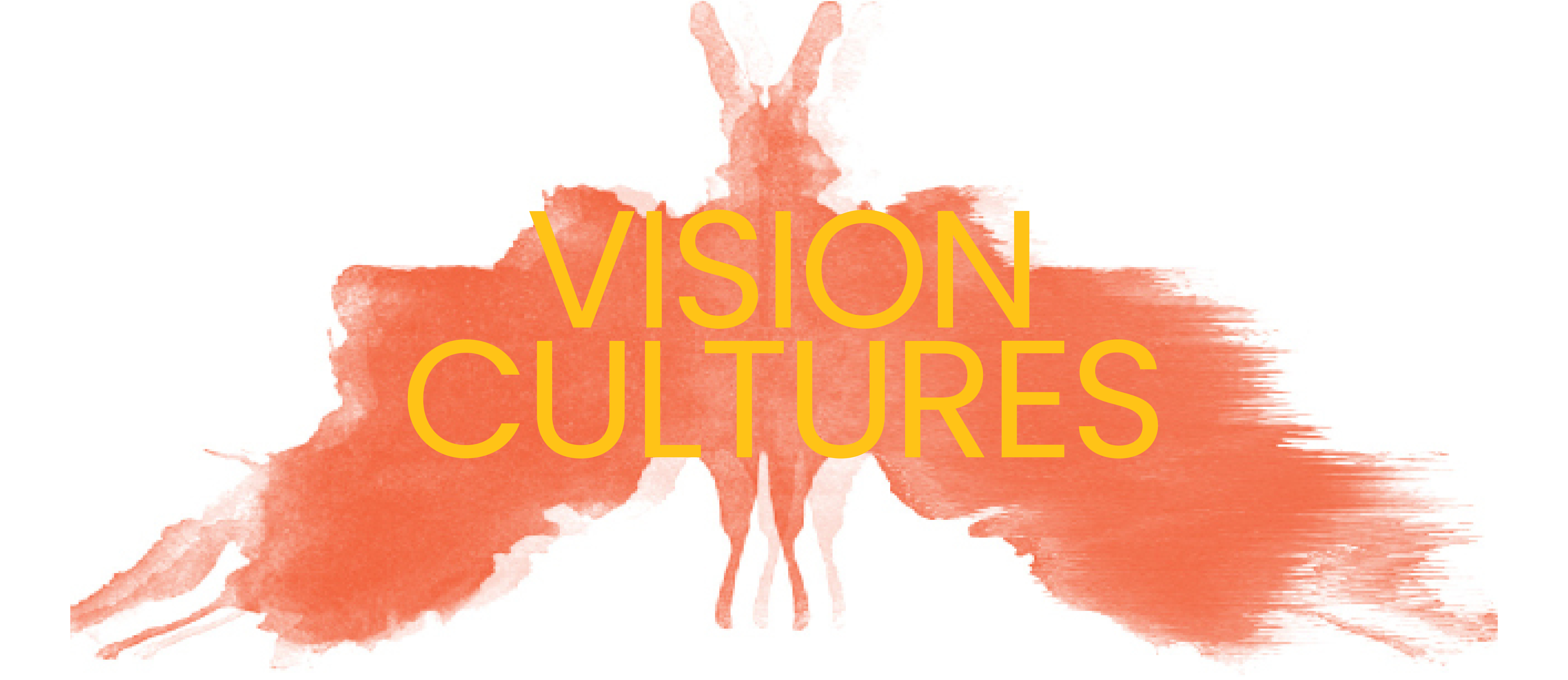JW Power and Interwar Abstraction
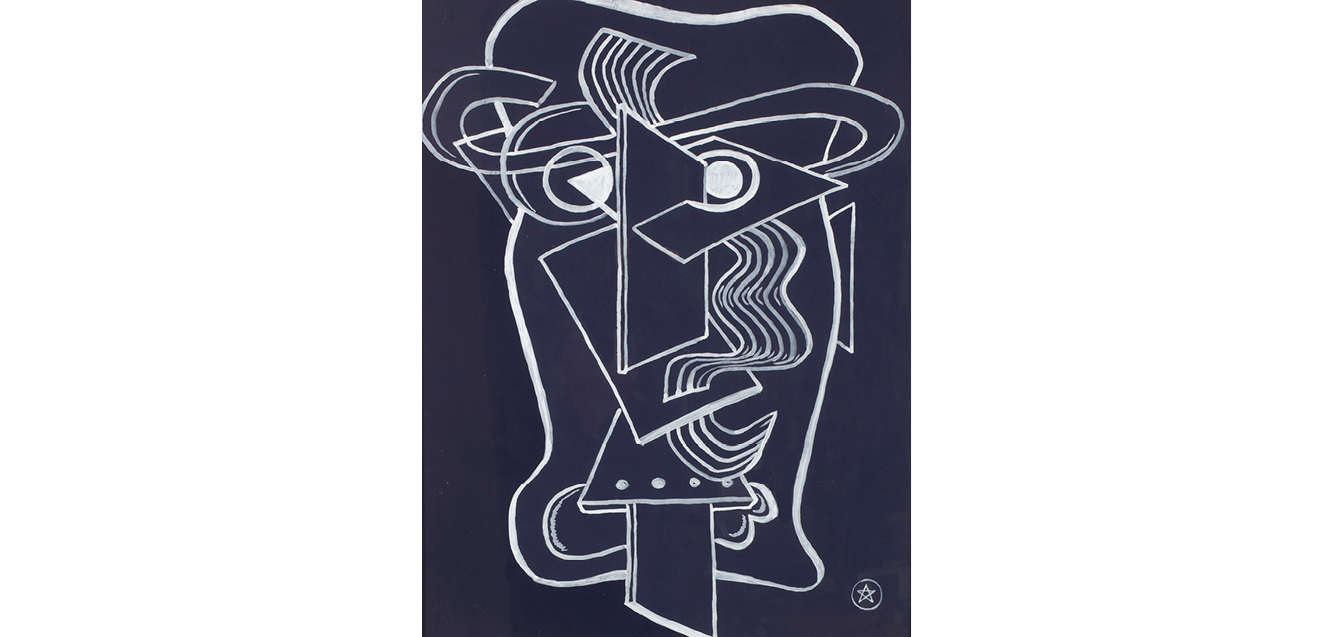
A symposium exploring the radical ideas underpinning avant-garde art in Europe in the 1920s and 1930s.
JW Power, Tête, 1920-40, Chau Chak Wing Museum, PW1961.106 (image duplicated and colour altered).
The 1920s and 1930s, often referred to as the “interwar” period, was for Europe a time of great ferment, characterised by revolutionary breakthroughs in science, an economic depression and the terrifying threats of totalitarianism and world war. In the midst of this, avant-garde artists from across the world converged on Europe to conduct a series of radical experiments with form, using abstraction to offer new ways of thinking about perception, technology and the human body.
This day-long symposium will draw together Australian and international art historians and curators to present new research on the ideas, histories and networks that underpinned these experiments.
The Symposium is organized in conjunction with the Chau Chak Wing Museum’s landmark exhibition of work by the Australian abstract painter JW Power, curated by Ann Stephen and ADS Donaldson. The symposium will explore the complex artistic and political ferment from which Power’s art emerged.
People
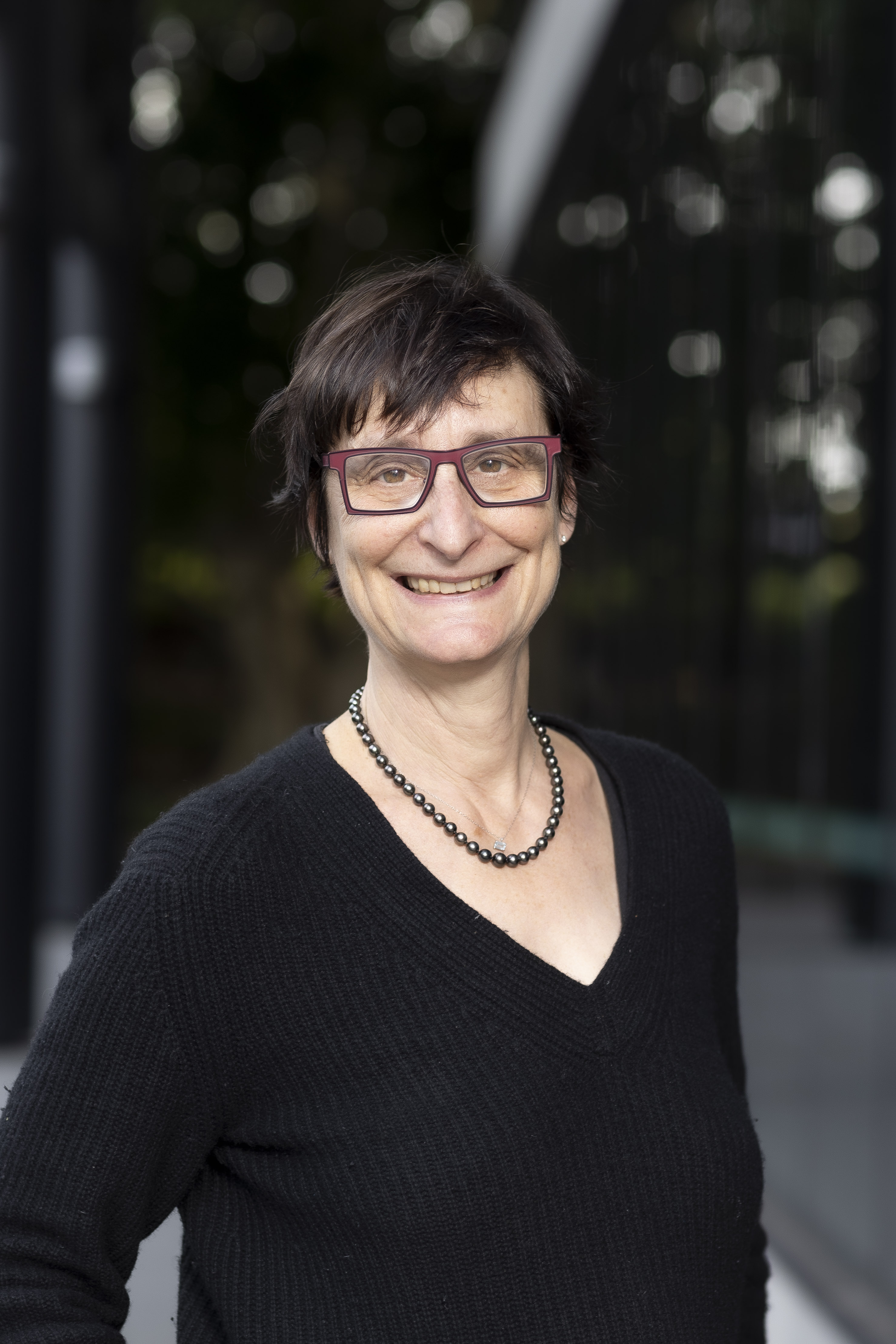
Deborah Barnstone
Deborah Ascher Barnstone is Professor and Head of Architecture at The University of Sydney. She is both a licensed architect as well as an art and architecture historian. Barnstone’s primary history research interests are in interrogating the origins of modernism and exploring the relationships between art, architecture, and culture more broadly. She has published widely in journals including The Journal of Architecture, Journal of Architectural Education, and The Journal of Art, along with numerous edited volumes and monographs most recently, The Color of Modernism: Paints, Pigments and the Transformation of Modern Architecture in 1920s Germany in 2022 with Bloomsbury Academic.
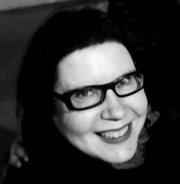
Donna West Brett
Donna West Brett is an Associate Professor and Chair of Art History at the University of Sydney. She is author of Photography and Place: Seeing and Not Seeing Germany After 1945 (Routledge, 2016); co-editor with Natalya Lusty, Photography and Ontology: Unsettling Images (Routledge, 2019) and with Deborah Ascher Barnstone, Modernist Aesthetics in Transition: Visual Culture in the Weimar Republic and Nazi Germany (Bloomsbury, 2024). Brett is Research Leader for the Photographic Cultures Research Group; Editorial Member for the Visual Culture and German Contexts Series, Bloomsbury; a Sloan Fellow in Photography, Bodleian Libraries, University of Oxford, 2024, and a 2026 Oliver Smithies Lecturer of Balliol, University of Oxford.
Rebecca Edwards
Rebecca Edwards has been Curator of Australian Art at the National Gallery of Australia, Kamberri/Canberra since 2019 and was curator of the exhibition Anne Dangar, held at the National Gallery in 2024. She has previously held curatorial roles at the National Gallery of Victoria and National Gallery and curated exhibitions and written on various aspects of Australian art. Major projects include cocurating Colony: Australia 1770–1861 (NGV, 2015) and Jeffrey Smart (National Gallery, 2021) and contributing to Know My Name: Australian women artists: 1900 to now (National Gallery, 2020 and 2021). She was awarded a PhD in Art History from the University of Melbourne in 2019.
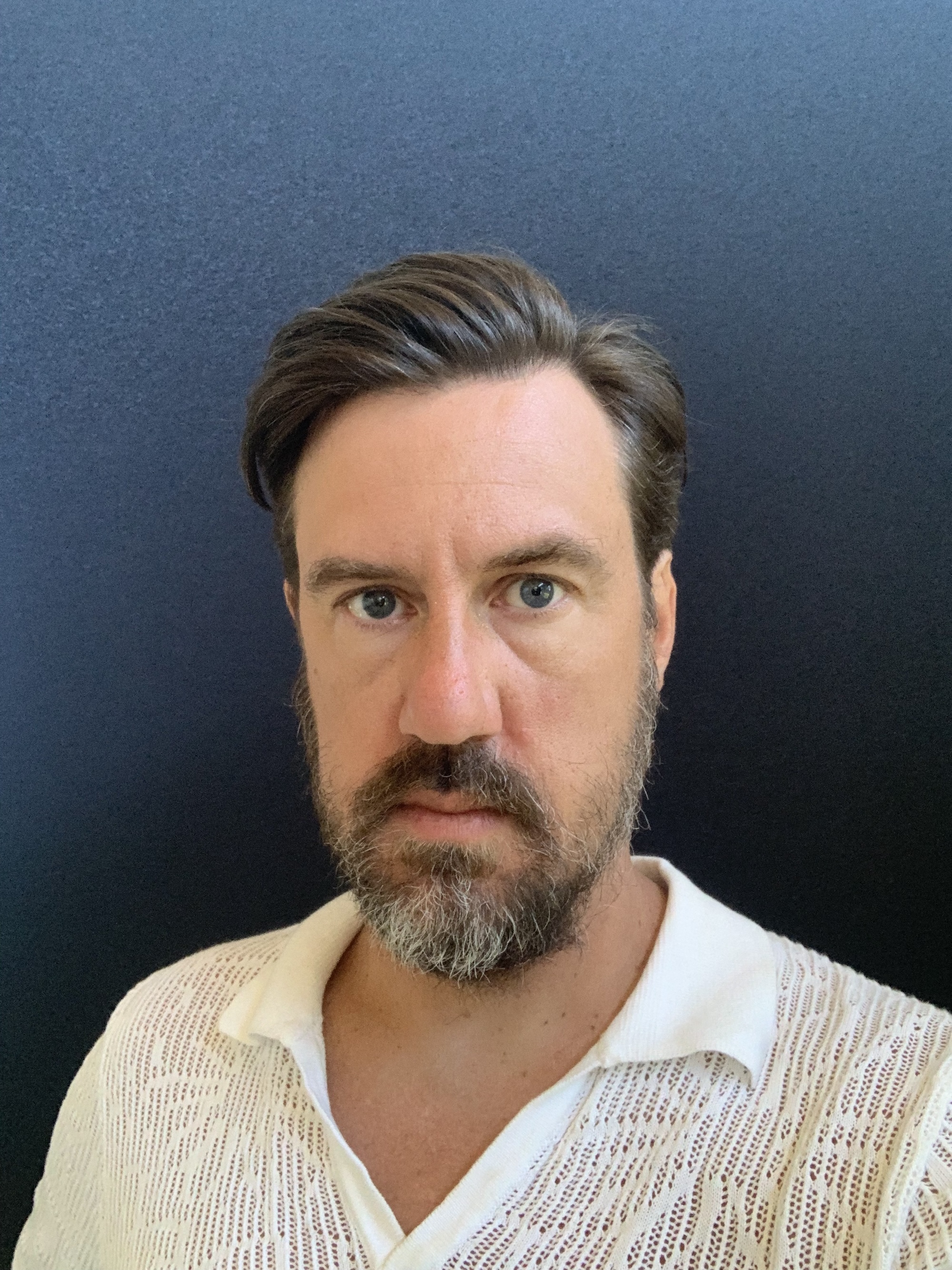
Giles Fielke
Giles Fielke is a writer and researcher of film and media art histories. He is a founding editor of Index Press and Journal, and Memo Review. His most recent project is Typical Films, which can be found online at the Art + Australia Study Centre.
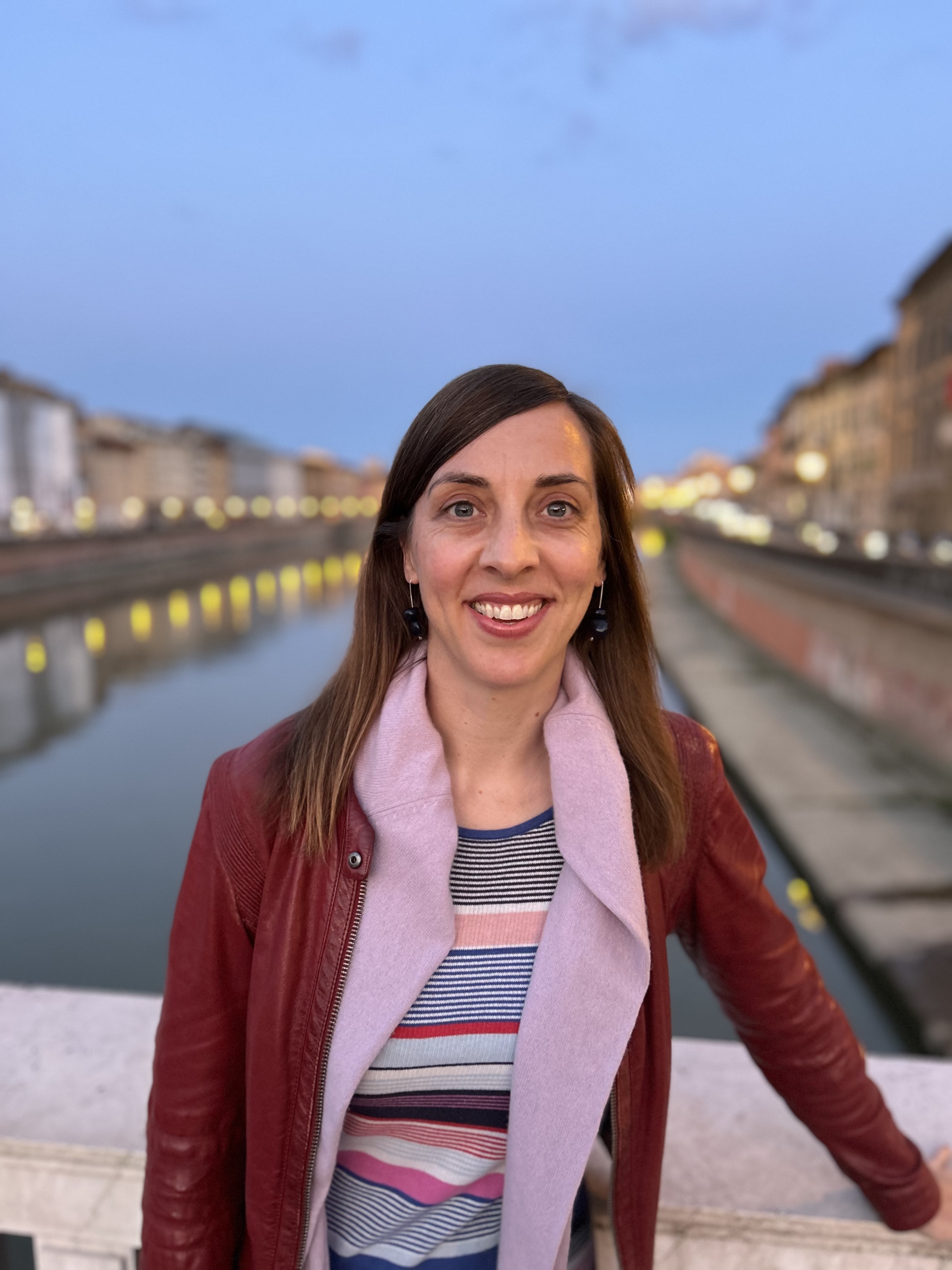
Kate Kangaslahti
Kate Kangaslahti is a research fellow with the research group Cultural History since 1750, a senior lecturer in the Institute for European Culture and Society, and co-director of MDRN, a research lab for literary and cultural studies, all at KU Leuven. She studied art history, French and German at the University of Melbourne, and received her PhD in the History of Art from the University of Cambridge. Before moving to Belgium, she worked in the Department of Prints and Drawings at the British Museum in London, and as an Assistant Professor in the College of Humanities, Art and Social Sciences at NTU in Singapore. She is a series editor for the book series European Avant Garde and Modernism Studies (De Gruyter), and currently working on a project studying transnational networks of abstract artists in the 1930s.
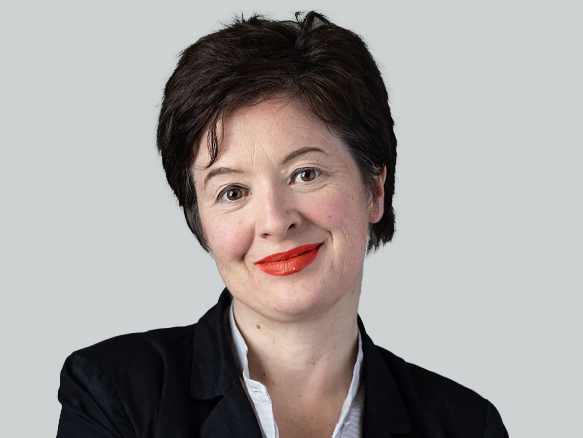
Sophie Matthiesson
Dr Sophie Matthiesson has been Senior Curator of International Art at Auckland Art Gallery Toi o Tāmaki since 2019, where she has curated Manpower: Myths of Masculinity (2021) and Heavenly Beings: Icons of the Christian Orthodox World (2022 and MONA 2023) and co-curated The Robertson Gift: Paths through Modernity (2024). Sophie lectured in art history at the universities of Leeds and Manchester between 1999-2002 and was Curator of International Art at the National Gallery of Victoria from 2006 –2019 where her projects included Modern Britain (2007), Salvador Dalí (2009), Monet’s Garden (2013), Degas: A New Vision (2016) and Van Gogh: The Seasons (2017). Sophie has a special interest in interwar modernism and has published on Ben Nicholson, Mondrian and Hans Arp. She is currently preparing an exhibition of Arp’s biomorphic sculpture.
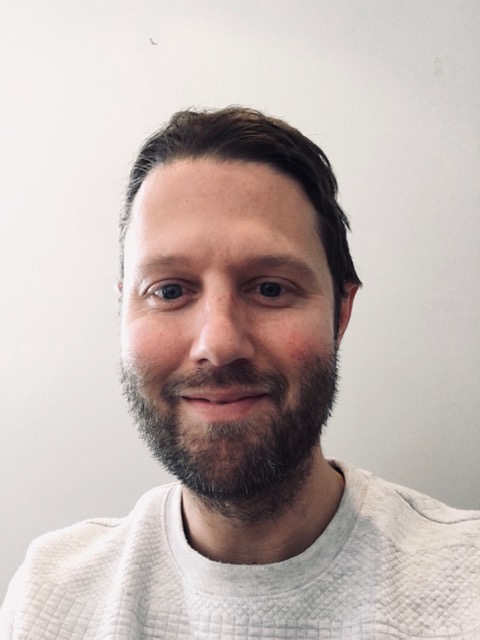
Keith Rathbone
Keith Rathbone (Ph.D., Northwestern University, 2015) researches twentieth century French social and cultural history. His book, entitled A Sport and Physical Culture in Occupied France: Authoritarianism, Agency and Everyday Life (Manchester University Press, 2022), examines physical education and sports to better understand civic life under the dual authoritarian systems of the German Occupation and the Vichy Regime. In investigating physical culture, he addresses historiographic issues such as the continuity between the Third Republic and the Vichy Regime, the gendered ideology of Vichy sports programs, and the development of collaboration and resistance.
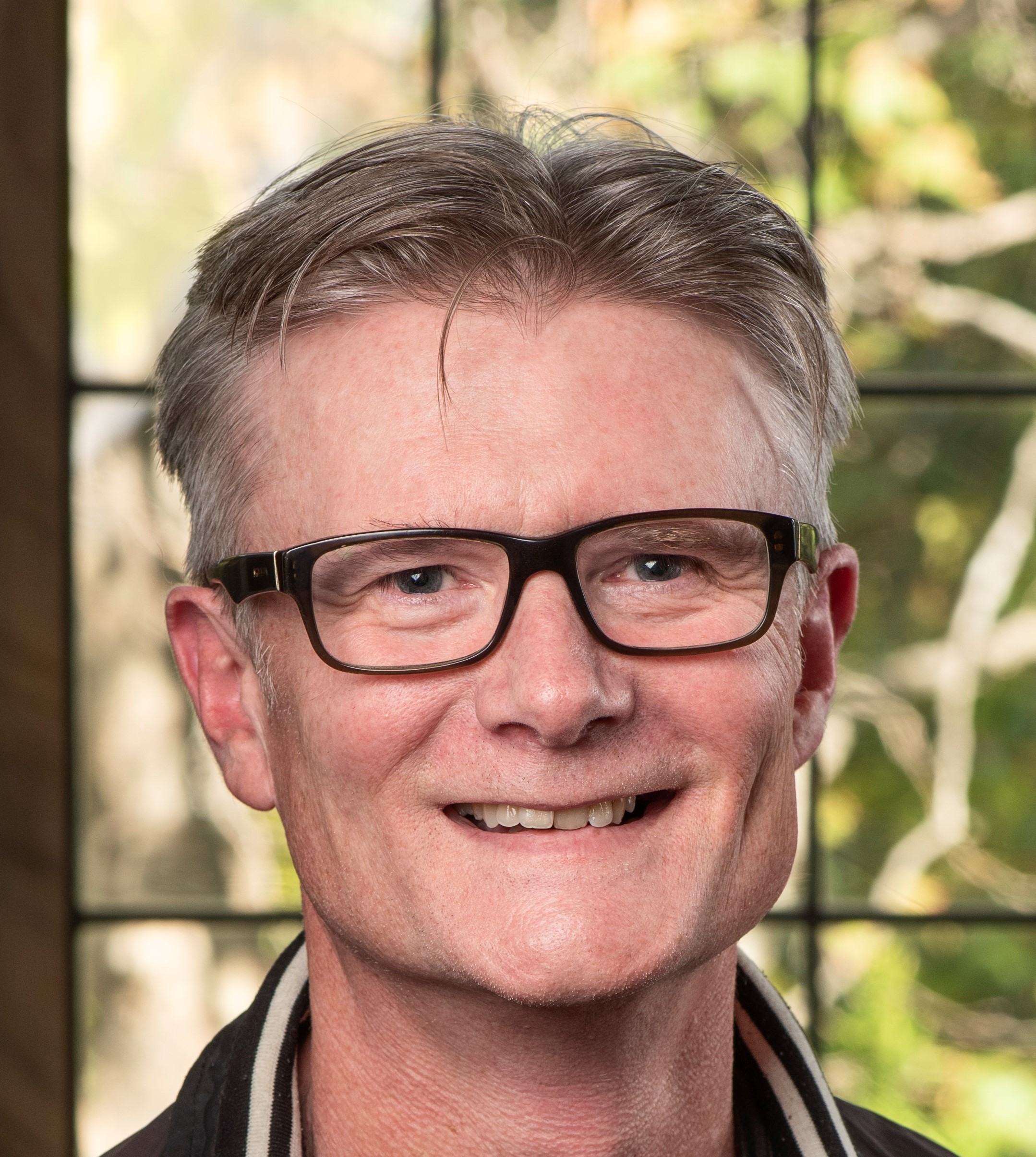
Anthony White
Anthony White’s research focuses on the history of modern and contemporary art. He is the author of Italian Modern Art in the Age of Fascism (2020) and Lucio Fontana: Between Utopia and Kitsch (2011), and the co-author of Variations: A More Diverse Picture of Contemporary Art (2023) and Art as Enterprise: Social and Economic Engagement in Contemporary Art (2016). His writing has appeared in the journals Grey Room, October and Third Text, and in exhibition catalogues published by The Metropolitan Museum of Art and the Musée d'Art moderne de la Ville de Paris.

